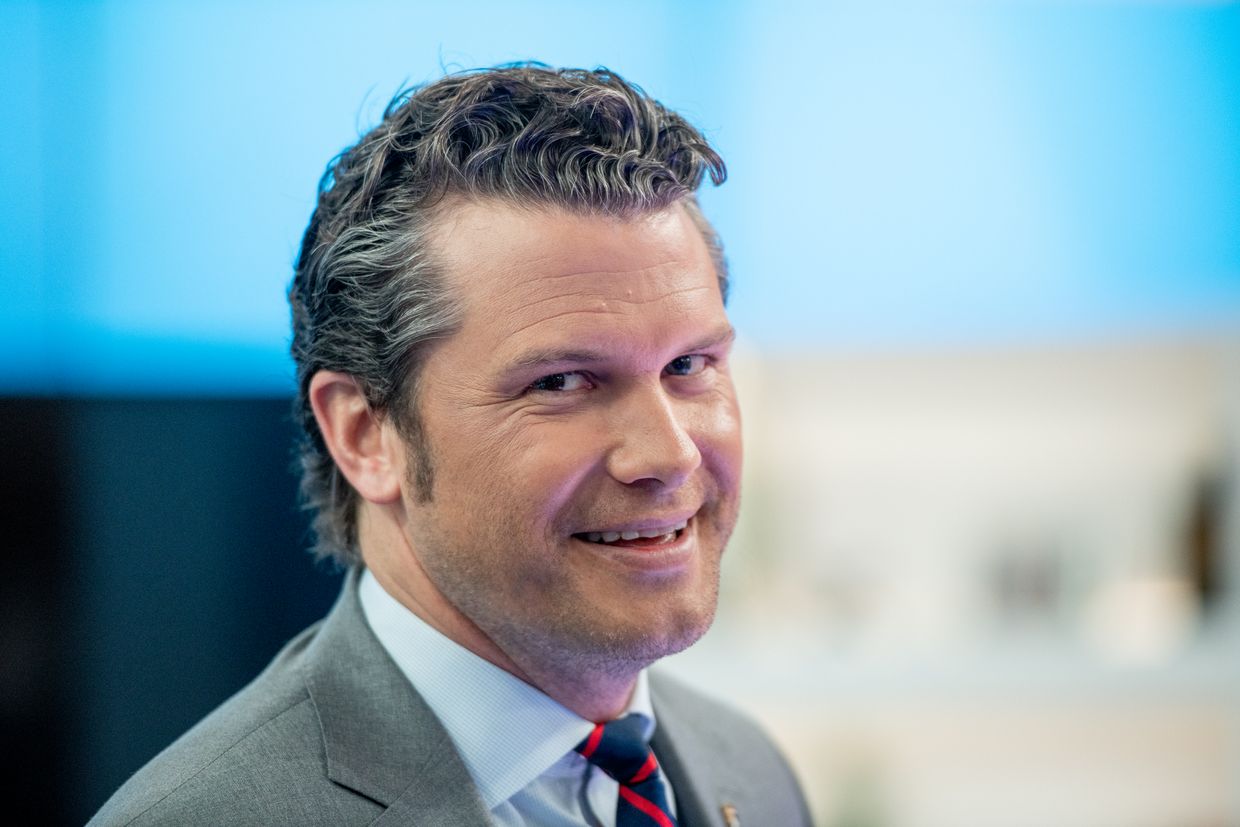Biden invites Trump to White House to talk over transition

Incumbent U.S. President Joe Biden is expected to host President-elect Donald Trump in the White House on Nov. 13 to talk over the transition of administrations, a spokesperson said.
"He (Biden) believes in the norms, he believes in our institution, he believes in the peaceful transfer of power," White House spokesperson Karine Jean-Pierre told journalists on Nov. 12.
"That is what is the norm. That is what is supposed to happen."
With Biden and Trump holding drastically different views on many domestic and foreign policies, they might discuss topics other than the transition, like the continuation and importance of U.S. military aid to Ukraine.
Trump’s support for Ukraine hangs in the air as analysts and politicians try to gauge his plans to bring peace to Ukraine, as he promised to end the war within "24 hours" after reelection without revealing details.
Outgoing President Biden has seen the handling of Russia’s war against Ukraine as a defining element of his presidency, gradually giving more military kit to Ukraine as Kyiv emerged victorious from the early battle of Kyiv in April 2022.
Since then, he has greenlighted and pushed through Congress numerous military aid packages. The Biden administration has also received criticism over its supposedly cumbersome and piecemeal approach to the support, which may have contributed to Ukraine's mounting setbacks on the battlefield.
Although Trump’s self-imposed 24-hour deadline has passed, the next president has provided few details on how he plans to achieve his peace promise.
Numerous reports over the last year have given some clues about his plans to end Russia’s war against Ukraine. The very nature of such a quick deal heavily suggests Ukraine being forced to cede land to Russia.
In April, the Washington Post reported Trump would pressure Ukraine to cede the Crimean Peninsula, which Russia occupied in 2014, and the far eastern Donbas region. Two months later, two top advisors to Trump proposed a plan that would cease military aid to Ukraine unless it agrees to hold peace negotiations with Russia.
Recently, The Telegraph and the Wall Street Journal reported that Trump’s peace plan may include deploying European troops to a buffer zone in Ukraine after the current front line in Ukraine was frozen. In exchange for ceding territory, Ukraine would receive weapons from the U.S. and would agree not to pursue its ambition to join NATO for 20 years.
In stark opposition to Trump’s plans, President Biden repeatedly assured Ukraine that it is their decision to enter into negotiations with Russia on their terms and that their territorial integrity cannot be a bargaining chip traded by other countries over their head.
To give as much support to Ukraine as possible before Trump takes office in January 2025, the Biden administration plans to increase U.S. military assistance to Ukraine in the final months of its term, U.S. Secretary of State Antony Blinken said in Brussels on Nov. 13.












